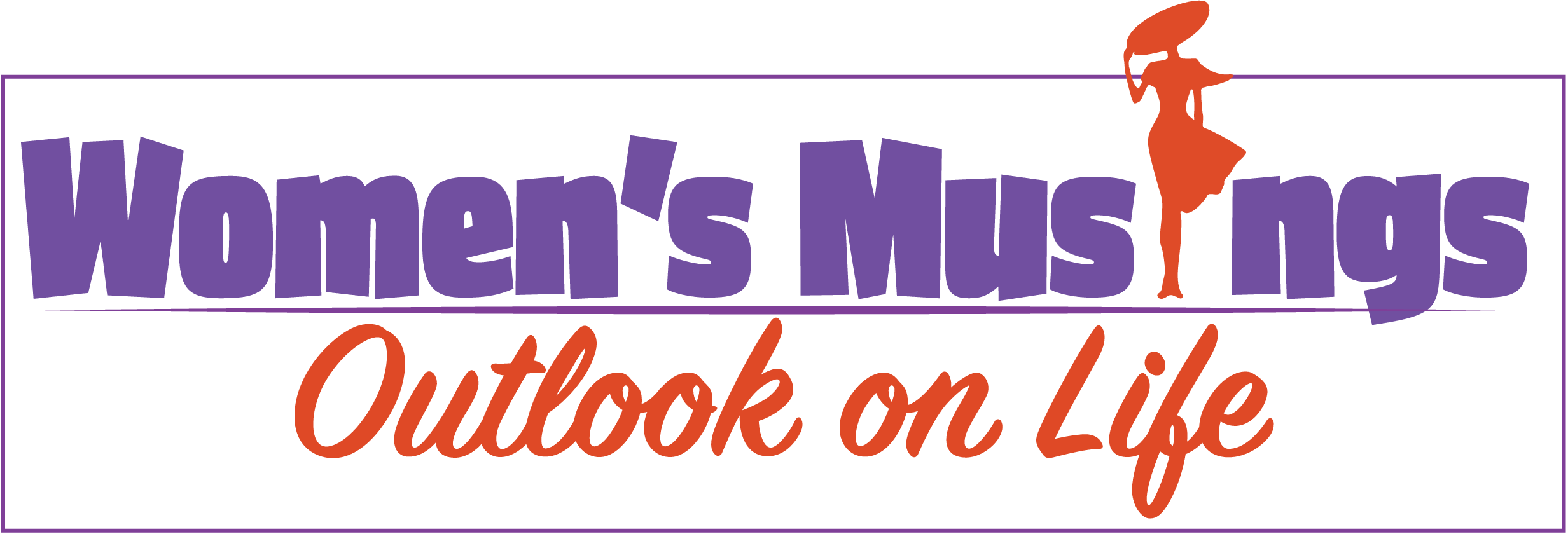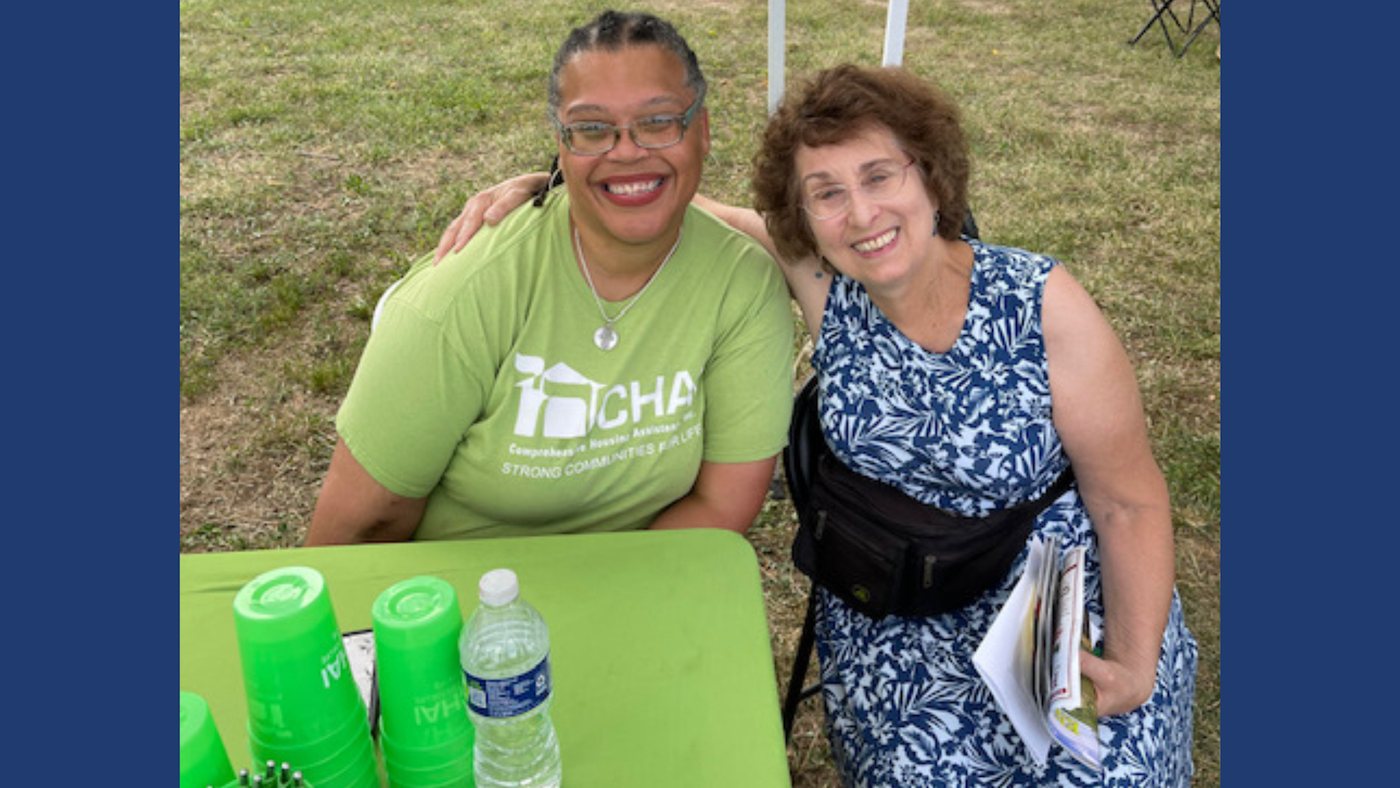My Friend Ellen
Sometimes you meet someone, and you like her very much. The feeling is an instinctual one; something about that person is pleasing. But have you put enough into that friendship? Have you given it your all? Have you truly gotten to know that person? That’s how I feel when I think of my friend Ellen.
How We Met
Ellen and I met through a senior social group, Northwest Neighbors Connecting (NNC). I learned about the group through an organization called ReServe.
ReServe finds part-time positions for retirees who are looking to share their skill sets with civic and non-profit organizations. As an incentive, the retirees are paid a small stipend. In my case, I earned $10 per hour. Obviously, it’s not about the pay but about giving back to the community. In addition, ReServe is a good way to meet people and stay active.
NNC posted through ReServe that the group was looking for additional administrative help. Their office was three miles away, and the position sounded interesting. I applied and got the job!
I wore quite a few hats during my weekly 10-12 hours, including working on the group’s lengthy bi-monthly newsletter. Ellen was a member of the newsletter committee. She was in her late 70s (but you wouldn’t know it), quiet, dignified and intelligent. She was an African American former English professor, always well-groomed, always with a twinkle in her eye. Though she lived less than a mile from me, our paths would have never crossed without NNC.
Besides working on the newsletter, we saw each other at group meetings and classes. She seemed to like me and vice versa, but we didn’t socialize outside NNC.
Our paths began to cross more when I “re-retired” after two years. I left my paid position at NNC but stayed in the group as a dues-paying member. One role was volunteer coordinator/editor of the newsletter.
Ellen was very reliable. She came to newsletter planning meetings, dutifully took on writing assignments, met deadlines and then helped proofread the drafts. Even after recuperating from a stroke, she volunteered. It helped immensely that unlike some of the committee members, she was comfortable using email and knowing how to attach documents.
Producing the issues was a process. The writers would send me their articles, sometimes handwritten and sometimes typed. The articles and accompanying photos were sent to a graphic artist. The first draft was usually ready within a week. I’d go to the NNC office and print out copies for Ellen and me to proofread.
Next, I dropped off the draft at Ellen’s house, leaving it between the doors if she wasn’t home. When she finished proofing, she’d call or email so I could pick it up. Driving back and forth to her house wasn’t a problem. It just seemed like the right thing to do. How could I ask an 80-year-old woman, with some health issues, to trek to my house when she was doing me a favor as a volunteer?
Many times, she wasn’t home when I left the draft. And if she was, she was always gracious and pleasant but never asked me to come inside her house. That was OK. I was, and hopefully she, too, was comfortable with that boundary in our friendship.
Ellen didn’t share much of her personal life with me. Then again, I never asked, not wanting to be nosy. She had a daughter in Pennsylvania, whom she often visited. She sang in her church choir. We once discussed some Hebrew words in a hymn they were singing. I never asked if she was divorced, widowed, a single mom or if she had any other children. A granddaughter moved in with her, attending school and working at the Giant. I was glad Ellen wasn’t living alone.
Before her granddaughter moved in, did she have neighbors who looked after her? Did someone shovel her sidewalk in the winter or take in her trash cans? Was she able to get groceries and medicines without help? I never knew and never asked. She seemed very capable and savvy, knowing how to take care of herself or ask for help when needed.
Around December 2019, Ellen was admitted to Sinai Hospital. She was in Intensive Care for many weeks. Her friends from NNC asked if we could visit her but were told no. By February or March 2020 (right before the COVID-19 lockdowns), she was discharged to Intermediate Care and wanted company. A visit to Ellen was on my agenda.
The Ellen I saw in the hospital bed was not the Ellen I remembered. She was small and shrunken. Her normally short, red-dyed hair had grown out and was long and gray. She had a tracheotomy, making talking difficult, if not impossible. But her eyes lit up when she saw me. She tried her best to communicate, using pencil and paper. Her handwriting was illegible at best. I talked with her, sat with her and held her hand. This visit was the essence of the Jewish mitzvah of bikur cholim (visiting the sick).
Soon after this visit, Ellen was discharged to rehab, and despite COVID-19 and its impact on rehab facilities, eventually she came home. At some point, her daughter, Monty, moved to Baltimore. Working remotely during the pandemic made this possible. Again, I was glad Ellen would not be alone.
Months or even a year later, the timeline is fuzzy, Ellen was able to again help me with the newsletter. One day I swung by her house to drop off or pick up a draft. I don’t remember. Monty came to the door. “My mother isn’t feeling good today,” she said. “She’s dizzy and seems disoriented. I called 911 to take her to Sinai’s Emergency Room but they said it’ll take three hours for an ambulance to come.”
“That’s ridiculous!” I replied. “I’m more than happy to take you to the ER.” Three hours was much too long to wait to get medical attention if Ellen was having a stroke. While Monty thought about my offer, a hook and ladder truck pulled up. The firefighters were not EMTs and couldn’t offer any medical help. They did, however, carry Ellen to my car, and put her in the back seat. Monty grabbed her purse and off we went to Sinai.
I called Monty a day or two later to see how Ellen was feeling. I also gave her the phone number of Hatzalah, Northwest Baltimore’s volunteer ambulance corps. Though mainly supported by Jewish residents, Hatzalah is available to anyone in its service area.
Two months later, Ellen called to say thank you. She had no recollection of my driving her to the ER. Needless to say, I told her I was glad to be able to do this mitzvah. What are friends for?
Ellen wrote one more article for the newsletter before she died.
Monty called me a few days after her mother’s death. She was grateful for the time she got to spend with her mother and the talks they had. She also said that I was one of the people who Ellen wanted Monty to notify upon her passing.
I cannot express enough how much that meant to me. While we weren’t “buddies” like I am with my cohort of girlfriends, I was truly blessed to meet and work with this magnificent lady.
The lessons learned?
- We never know how we impact others. Casual relationships can mean an awful lot.
- I wasted an opportunity to get to know a really great lady.
Rest in peace, Ellen. I miss you.
Please leave your comments below.
Read more by Eileen Creeger.


Love this essay, Eileen: so poignant. What a wonderful friend you were to Bonnie! May she rest in peace, and may her memory continue to inspire you.
So moving. What wonderful Mitzvot you did that you know were appreciated.
This is a wonderful story. I do hope her daughter sees it and appreciates it.